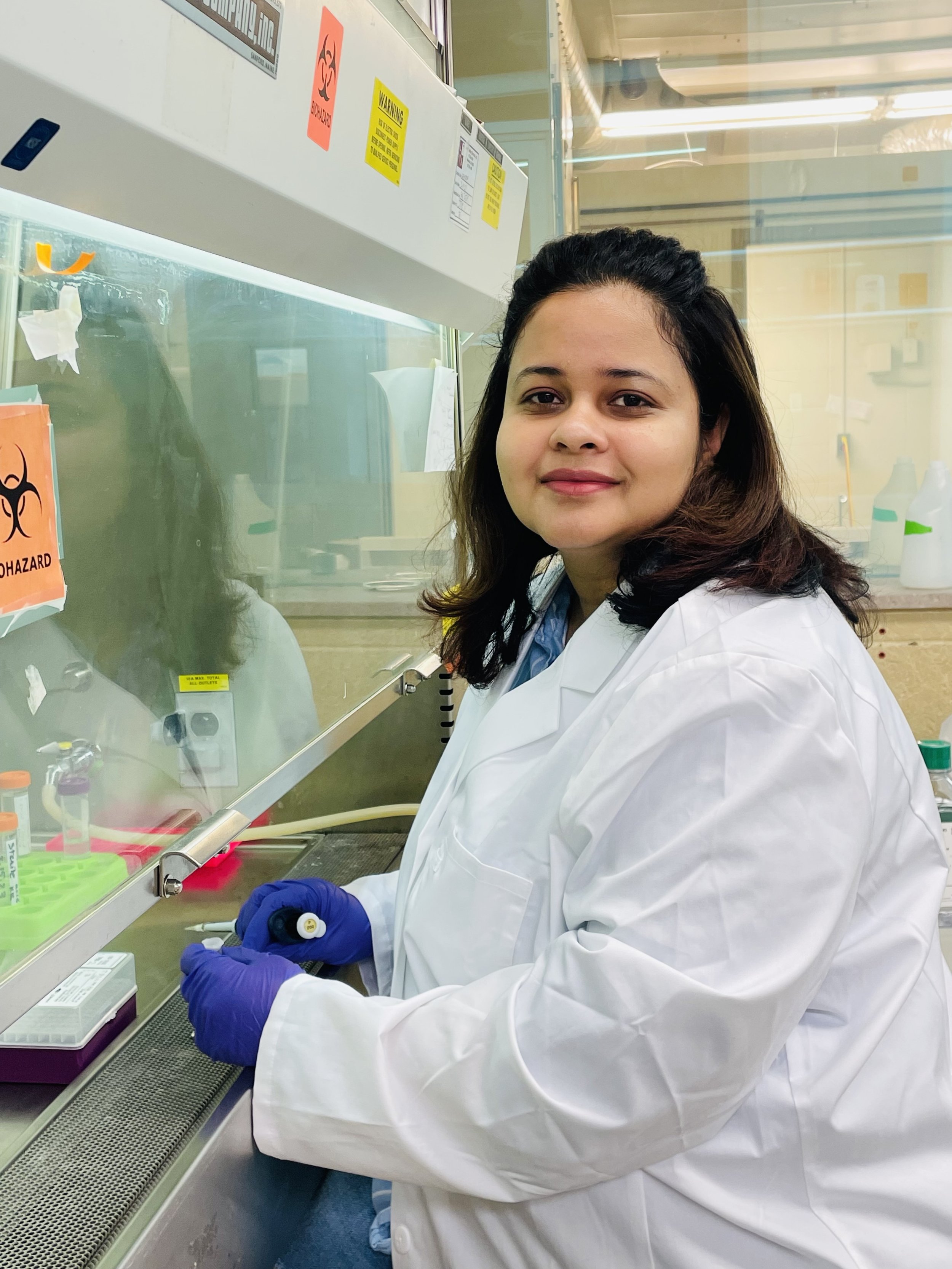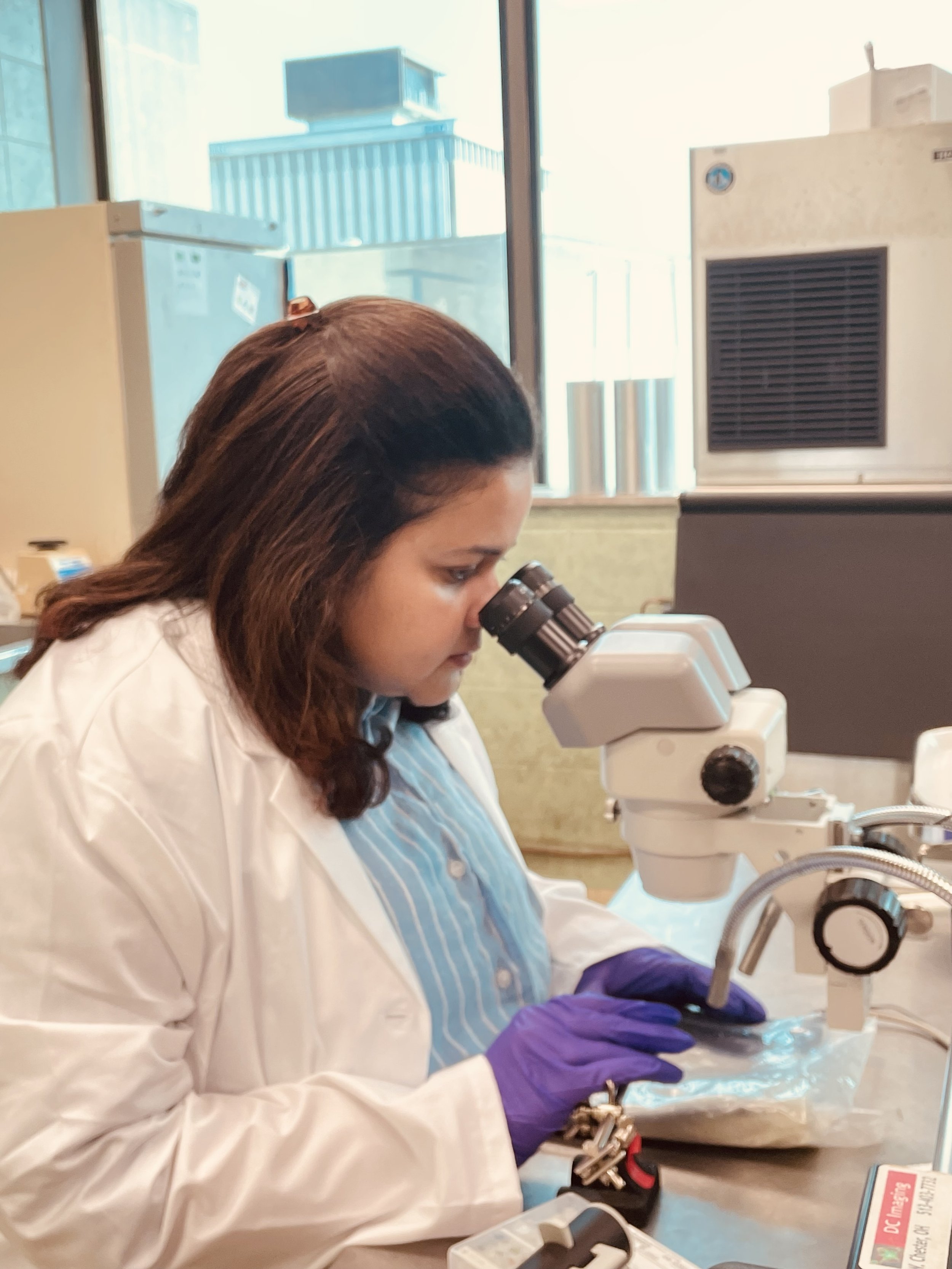Dr. Archana Jalligampala from University of Louisville Awarded $90,000 Knights Templar Eye Foundation Grant for Retinitis Pigmentosa Research
Dr. Archana Jalligampala from the University of Louisville, School of Medicine, Louisville, Kentucky was awarded a $90,000 grant to study: Therapeutic efficacy of a novel stereopure antisense oligonucleotide (ASO) - Wave1, to treat P23H autosomal dominant retinitis pigmentosa.
Humans navigate the world primarily using vision. Imagine a parent learning that their child has a disorder that will lead to impaired vision and loss of mobility by early adulthood. Among, inherited retinal diseases, retinitis pigmentosa (RP) is the most frequent inherited form of childhood blindness. In autosomal dominant RP (adRP), rods photoreceptors (rods) degenerate followed by cones, eventually leading to blindness. The most common adRP among North Americans results from a mutation in rhodopsin (RHO) resulting from a proline to histidine substitution at position 23 (P23H) in the protein. Because there is no treatment currently available to these patients, Dr. Jalligampala is evaluating therapeutic strategies to delay/arrest vision loss.
This builds on promising preliminary data that shows that an intravitreal injection of a P23H RHO-specific stereopure antisense oligonucleotide, Wave1 [25ug total], arrests rod decline/dysfunction in a preclinical large animal model of adRP, the TgP23H hRHO pig. This occurs because Wave1 binds to P23H RHO mRNA and eliminates translation of the mutant (P23H) rhodopsin protein. Dr. Jalligampala hopes to refine the Wave1 dose/response curve; define the temporal window of efficacy using the optimal dose and evaluate its safety in intravitreal injections. To do so, she will quantify and compare across treated and untreated conditions how many rods and how much rod function is retained/recovered. The data will define key features of Wave1 administration, and issues relevant to its clinical use.


